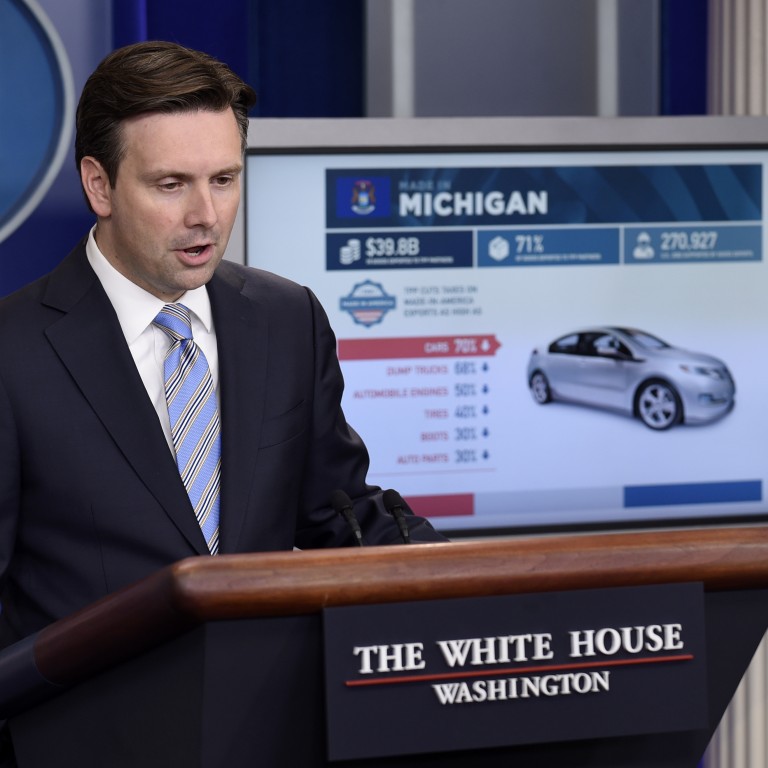
China has not been 'bluntly excluded' from the Trans-Pacific Partnership
I refer to David Dodwell's column ("Pacific trade deal welcome, despite geopolitical baggage", October 8).
The Trans-Pacific Partnership (TPP), which is a free trade initiative, will boost business for the 12 Asia-Pacific economies which are members. Their combined total gross domestic product constitutes 40 per cent of world trade. Despite World Trade Organisation rules, world trade is presently skewed in China's favour.
It is the elephant in the room and the TPP will tilt the balance of world trade fairly and equally to other members to reduce China's dominance. It will also reduce and eliminate tariffs on approximately 18,000 categories of goods. It is also seen as establishing new rules of business in breaking down protectionist policies that some countries follow to insulate their markets from foreign competition.
I do not agree with Mr Dodwell that China has been "bluntly excluded" from the TPP.
On the contrary, China deliberately chose not to be a part of it as it does not want to join a world body whose rules are governed by the US. Being a TPP member would bring it under the scrutiny of strict compliance regulations to open up its financial sector under the rules of free trade.
There would also be greater scrutiny with regard to intellectual property and counterfeiting, money laundering, currency manipulation, undue protection of its state-owned enterprises or denying a level playing field to foreign companies.
China does not allow access to Facebook, Twitter, Google and YouTube due to its restrictive internet policies. So the government views the TPP as a veiled challenge to its hold on power. It is also not ready to implement the economic reforms that would be necessary as a member of the organisation.
It wants to set up its own economic bloc to counter the US, the Regional Comprehensive Economic Partnership (RCEP), including all 10 Asean countries plus Japan, India, Australia, New Zealand and South Korea.
China is facing an economic downturn and stiff resistance from its neighbours and the US over its territorial claims in the South China Sea. Many see Beijing as taking a belligerent stance on the latter issue.
It will be interesting to see the outcome of this power struggle.
We can be certain of one thing: in future, world trade will be far freer and more transparent, with fewer tariffs, and that will be good for everyone.

